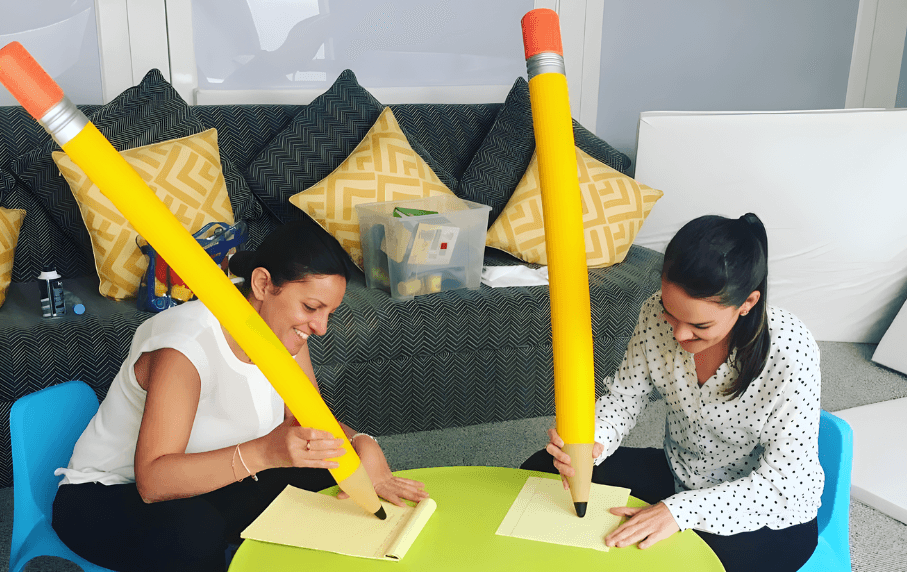
Let’s Talk About Super Special Kids & Cake Podcast [Episode 004 / Segment: Super Special Topic]
If you have a child with ASD, you may find yourself overwhelmed with the number of different types of professionals and the work that they do. However, when it comes to intervention, remember that although a professional is an expert in their field, it is you that is the professional when it comes to your child. You know your child better than anyone and so I really encourage parents to build a positive relationship with the professionals that their child is working with; making it an easier dynamic for your child, you and the expert. Ask questions, don’t feel shy if you think a particular recommendation simply won’t work for your child and feel comfortable to suggest alternative plans of action and/or goals if you see fit. When it comes to the type of expert you need, there are many professionals that can assist with your child. Here’s a few:
They focus on developing the academic and preacademic skills a child will need to benefit from school.
They will assess your child for difficulties involving gross motor skills such as mobility, posture and balance.
They work with children to improve performance of activities of daily living (ADLs) and adaptive behaviour.
They identify causes of the child’s developmental disability, prescribe and manage medications for symptoms and consult about issues around basic bodily functions. Other specialists include Educational Aides/Paraprofessionals, Board Certified Behaviour Analysts, Social Workers and Speech-Language Pathologists like me. If you would like to find out more about what these types of professionals do, please visit the Resources section at www.doniafahim.com for more information. A discussion on ASD Professionals can also be heard over on my podcast: Episode 3: ‘Tantrums, Diets & Dinosaurs’.
Donia x